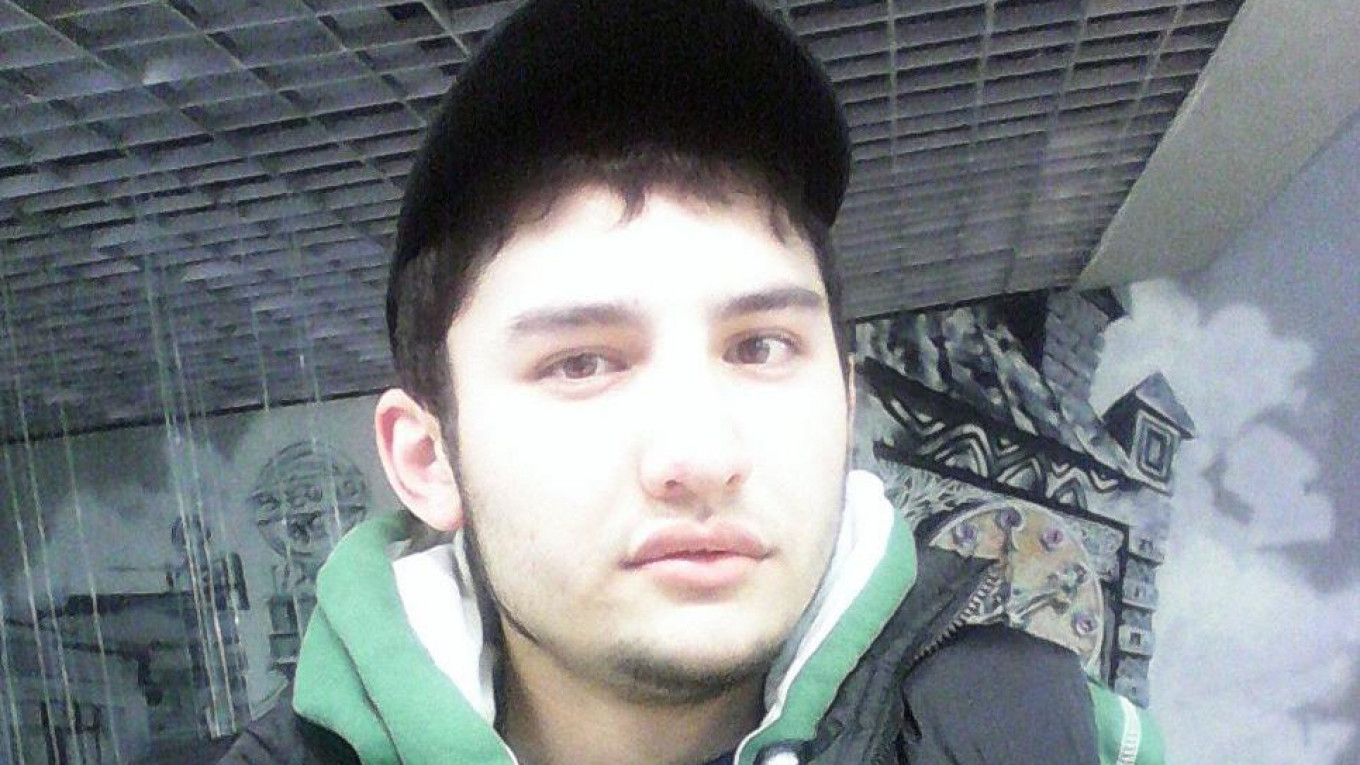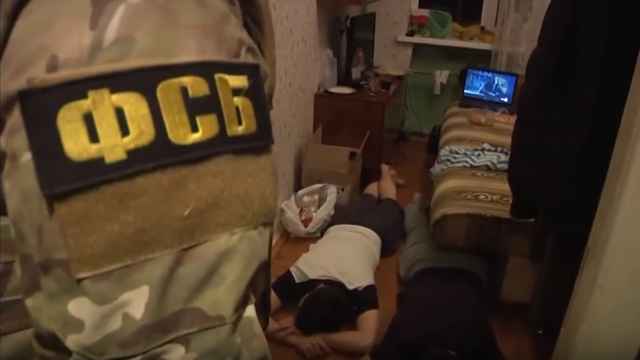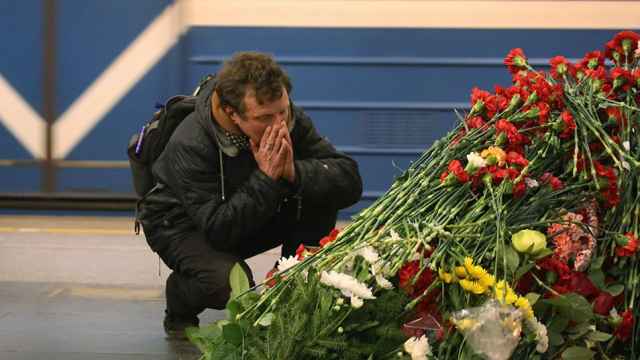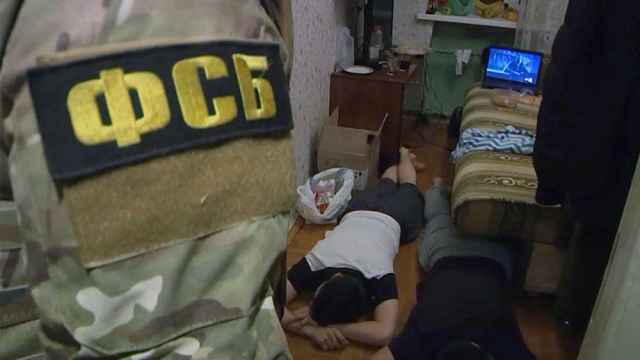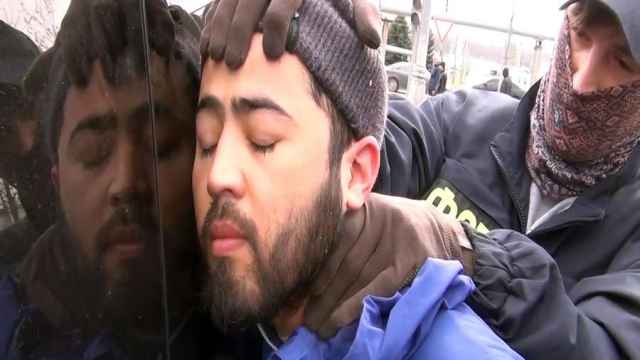Russia's Investigative Committee has formally named the man behind Monday's deadly attack on the St. Petersburg subway system.
Twenty-two-year-old Akbarzhon Dzhalilov, a Kyrgyz-born Russian citizen, killed 14 people when he detonated a homemade explosive in a subway car traveling between the city's Technologichsky Institut and Sennaya Ploshchad metro stations.
While much of the information about Dzhalilov remains unverified, sources within Russia’s police and emergency services have started piecing together more information on his background, the bomb he used, and any organizations with which he may be associated.
The Moscow Times picked out the main points from today’s press.
The Suspect
* Russian news outlets reported a suspect was caught on surveillance cameras in the subway on Monday evening, a few hours after the bombing took place. That suspect was described as “non-Slavic in appearance,” and photos of a man in traditional Islamic garb circled the Russian internet not long after. The man identified in the footage later turned himself in to a St. Petersburg police station in order to clear his name. He was not the bomber.
* Russia’s Investigative Committee on Tuesday afternoon confirmed the suspect is instead Akbarzhon Dzhalilov, a 22-year-old native of neighboring Kyrgyzstan.
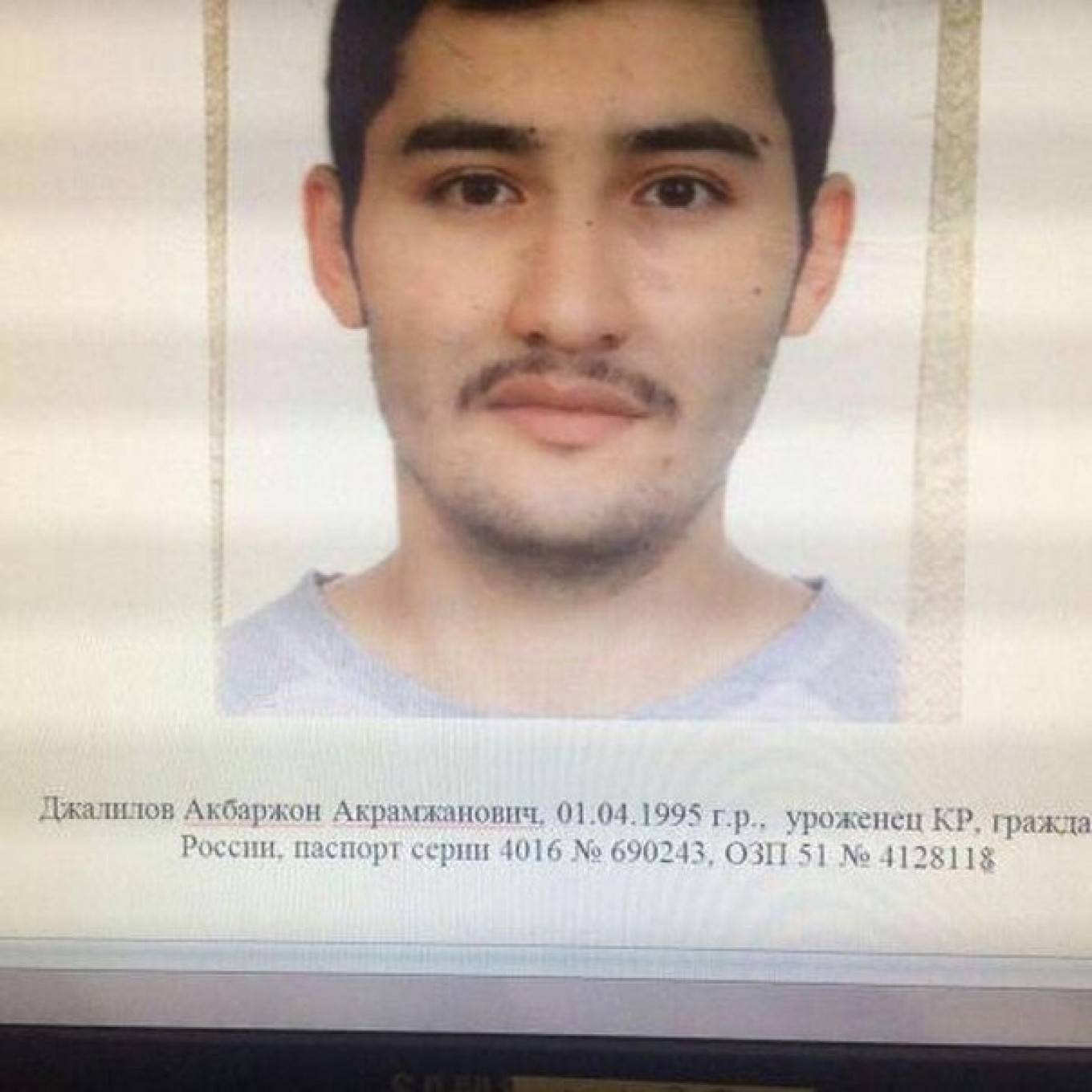
* Dzhalilov was born in the town of Osh in southern Kyrgyzstan. His parents have been taken in by Kyrgyz authorities for questioning.
* Russian counter-terrorism authorities did not previously suspect Dzhalilov of radical tendencies.
* Dzhalilov is a Russian citizen. He was granted Russian citizenship in 2011 and moved to St. Petersburg, where he worked in a sushi bar until 2015. According to Gazeta.ru website, he also worked with his father, a Russian citizen, in a car repair as car mechanics.
* In 2015, Dzhalilov dropped off the grid, the Gazeta.ru news site reported. Authorities are investigating possible ties to the Islamic State terrorist group, which is banned in Russia.
* Dzhalilov’s social network pages show no obvious links to radical Islamism, Russian tabloid Moskovsky Komsomolets reported. The only “violence” on his pages were videos on combat sports such as street fighting, boxing and sambo, the newspaper said.
* Dzhalilov appears to have died in the attack. Authorities claim to have identified only his head among the remains.
The Bomb
* Authorities discovered an undetonated bomb hidden under a bench in the Ploshchad Vosstaniya metro station at 3 p.m. local time on the day of the attack. It was hidden in a black men’s bag.
* The bomb which did explode in the subway car at Technologichsky Institut station was built into the body of a used fire extinguisher, similar to bombs used by extremists in Russia’s southern Dagestan region in 2010.
* The type of explosive has not yet been identified, but experts cited by Kommersant say it may have been an explosive based on ammonium nitrate, a volatile ingredient used in industrial fertilizer.
* The explosion would have been the equivalent to half a kilogram of TNT, an unnamed law enforcement source told the RBC news outlet.
* The damage caused by the explosive was exacerbated by a crude shrapnel layer made of coins and and ball bearings taped around the explosive material.
Warning Signs
* Russian reports suggested that counter-terror authorities were allegedly aware of an impending attack, but lacked sufficient information to prevent it.
* According to a “trusted source” in Kommersant, one of Russia’s major newspapers, a Russian man with ties to the Islamic State gave the authorities some information on the attack after he was arrested on his return home from fighting in Syria.
* The source, told Russian authorities about an Islamic State sabotage network that had deployed to Russia, Kommersant reported. The source was low in the organization’s hierarchy, and did not have a complete picture of the situation.
* Authorities believe that the second bomb was left by a member of the network, who panicked after the first attack elicited a swift response from authorities. This is unconfirmed, and being treated as preliminary information by Kommersant.
A Message from The Moscow Times:
Dear readers,
We are facing unprecedented challenges. Russia's Prosecutor General's Office has designated The Moscow Times as an "undesirable" organization, criminalizing our work and putting our staff at risk of prosecution. This follows our earlier unjust labeling as a "foreign agent."
These actions are direct attempts to silence independent journalism in Russia. The authorities claim our work "discredits the decisions of the Russian leadership." We see things differently: we strive to provide accurate, unbiased reporting on Russia.
We, the journalists of The Moscow Times, refuse to be silenced. But to continue our work, we need your help.
Your support, no matter how small, makes a world of difference. If you can, please support us monthly starting from just $2. It's quick to set up, and every contribution makes a significant impact.
By supporting The Moscow Times, you're defending open, independent journalism in the face of repression. Thank you for standing with us.
Remind me later.



